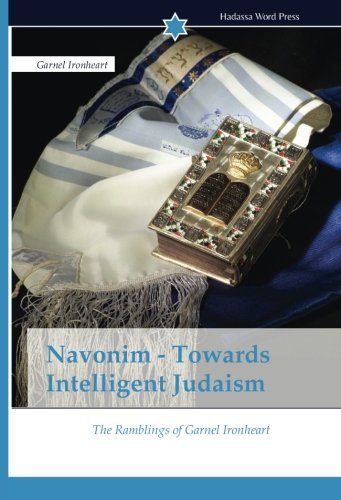Now to be sure Naomi Ragen is not loved by Chareidi writers. She has written repeatedly, both in newpaper columns and in her fiction novels about the deficits she perceives in their community. She has done so to tremendous acclaim and popularity. For too many people her portrayal of Chareidi life is a window into the community that is never questioned.
Her recent conviction on charges of plagiarism was breathlessly reported by Rav Yaakov Menken repeatedly from his pulpit at Cross Currents. her subsequent successful appeal that lead to the clearing of all charges? Well that he has yet to write anything about. Hmmmmm.....
So it was that I went through her article and was not so shocked by what she had to say. She detailed the rise of the Burka Babe cult and the subsequent, much-delayed backlash from the Eidah Charedit with which many in the cult were aligned. But then she noted the obvious:
The Burka Babes are not some isolated phenomenon, the product of a group of diseased minds. They are based on simple logic - if sleeves to the wrist are more modest than those just below the elbow (wasn't that what the fight was all about in Immanuel at that school a couple of years ago?) then mittens are the ultimate form of modesty. If covering one's hair is good then covering one's face is even better. The Burka Babes are the natural end of a campaign that tells women that they can never be tznius enough, that their presence within 5 metres of a God-fearing man leads to all manner of issurim from the Torah and that they have to be isolated and hidden at every possible opportunity.
A bit ironic, wouldn’t you say, after a decades-old campaign led by extremist elements in the haredi world to make their women invisible, a campaign which started with sealing off tiny, inhospitable women’s sections in synagogues, and requiring separate gender seating in separate halls for weddings? A campaign that included fighting against electing women to religious councils (kudos to Leah Shakdiel), signs on public streets demanding every woman cover up according to some male-invented fantasy of how to erase women’s sexuality.
It escalated with the closure of women’s seminaries for higher education, segregated buses and streets and waiting rooms and bakeries and barriers at the Kotel (Western Wall), the erasure of all women’s faces from street ads... It gained momentum with the idea, pushed at every opportunity, that women’s lack of modesty was responsible for every disaster befalling the haredi community – including bombs on buses.
Not knowing when to stop is surely not a problem only of the veiled women.
Yes, Ragen's suggestion at the end of the article is somewhat tongue-in-cheek:
I have a modest proposal (with apologies to Jonathan Swift). Since God-fearing, pious Jewish women are separated from men from birth and taught to stringently keep covered at all times, we cannot reasonably expect them to has v’shalom get into bed naked with a man (so what if he is her husband?).However, I myself have suggested to friends that the first person to develop human parthenogensis will make a mint off the Chareidi community. Imagine how successful a business that can guarantee the creation of a reproducing community of males only will be!
Baruch Hashem, modern technology can solve this problem. What I suggest is that artificial insemination take the place of this immodest act. The men will deliver their half via other men to women doctors who will see that the next generation gets started in modesty and piety. Now when the kids are born, the boys will be sent by rocket ship to one planet, and the girls to another...
Honestly, did anyone take Ragen's suggestion seriously? Or mine?
Unfortunately this is not just anti-Chareidi hatred but rather a conclusion based on what we on the outside have been observing for several years now. It is a criticism, yes, but not hatred. It is a desperate plea from those of us who, despite everything, still see Chareidim as our brethren, to reign in this campaign of craziness masquerading as an attempt to increase religiosity. We do not protest because of vindictive feelings but because we still care and we see a bad end coming from all this.
